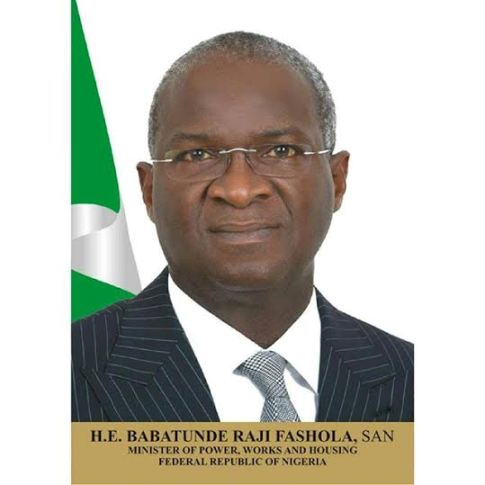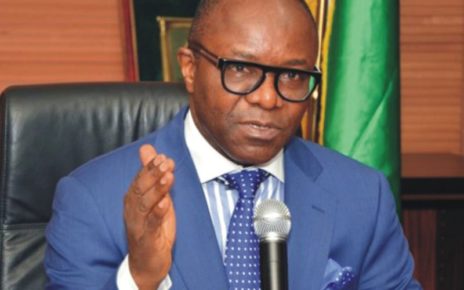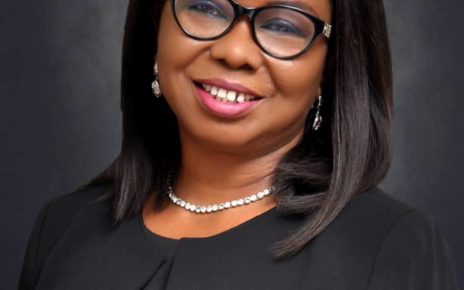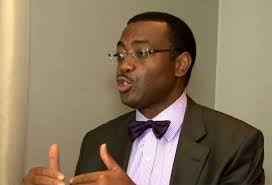The Federal Government is set to invest N72 billion on core transmission and distribution infrastructure to improve electricity supply to consumers in the country.
The Minister of Power, Works and Housing, Mr. Babatunde Fashola, who disclosed this on Monday at a news conference in Abuja, said that the investment would help in transmitting additional 2,000 megawatts from electricity generation companies (GENCOs) to DisCos for distribution.
Noting that one of the challenges in the sector is the inability of the DisCos to take generated power, the minister explained that the problem was leaving the sector with idle 2,000 megawatts with an approximately 1,150 MWs projected to come in 2018 and 2019 respectively.
According to him, the process of procuring the equipment had been published and responses from original equipment manufacturers (OEMs), are now being evaluated.
The minister explained that funding of the project costs would be through the intervention funds created since the privatisation of the sector to the DisCos and GenCos.
On the MDAs’ indebtedness to DisCos, the minister pointed out that contrary to initial claims by the Discos that arrears of MDAs’ debt was over N70 billion before the present administration came into office, painstaking verification exercises by the government showed that the MDAs’ indebtedness stood at about N27 billion.
Fashola clarified: “At the cost of government, several hundreds of thousands of bills were painstakingly verified and government ascertained that N27 billion was owed by federal MDAs to DisCos. The payment was by a set-off of this amount against the sum of N859 billion owed by DISCOs to Nigerian Bulk Electricity Trading to reduce that debt.
“Prior to the tenure of this administration and during it, GENCOS and gas suppliers who produce the power were being underpaid by NBET. Because DisCos were under collecting or under remitting such that GenCos were getting only about 20 per cent of their invoices for power they generated’’, the minister added.
He also assured that government was determined to tackle frontally the various problems militating against uninterrupted electricity in the country, including the problem of metering and inability of DisCos to uptake generated power.
He explained further: “The number of complaints coming to government for meters, which the DISCOs should supply, and for estimated billings, and mass disconnections when no everybody is owing cannot continue. Government must act, and will do so, the DisCos bought these assets with their eyes opened, and they must compete to deliver or exit.
“Small businesses which need very little power are not getting enough because the DisCos cannot take the power to them. The investment of GENCOs is threatened because they cannot utilise the capacity they have installed”, Fashola stressed.
As part of the strategies to deal with the lingering problems, the minister urged the Nigerian Electricity Regulatory Commission on the DisCos to improve their distribution equipment and capacity to take up the available 2,000 megawatts.
Specifically, he advised the Commission to ensure the enforcement the contract of DisCos to supply meters to consumers and by so doing, reduce the complaints associated with estimated billing in the system and promote efficient industry market structures.
He warned: “DisCos should stop threatening private entrepreneurs from entering the market to supply consumers whom the DISCos cannot supply.
“NERC should license such persons subject to terms and conditions in order to promote competition and private sector participation and avoid a private monopoly of power”, the minister added
The minister cited Section 71(6) of Electric Power Sector Reform Act (EPSRA), dealing with terms and conditions of licences saying that the provisions clearly show that no exclusivity or monopoly was intended for a license holder such as GenCos or DisCos.
He clarified further: “If we take into consideration that after five years of privatisation, there are still people and businesses that do not have power or enough power. Common sense and public interest demand that we must not resist ordinary people, small businesses like shops and markets from seeking alternative sources of energy.
“If the DISCOs are not resisting the generator sellers who are contributing to pollution, what is the logic of resisting small entrepreneurs bringing mini gas plants to supply a market need? I am not unmindful of concerns about loss of market or customers by DISCos but this must be balanced against our national interest.
“My belief is that as their businesses become steady and improve, they will be in a position to use their economies of large volumes of power to buy out or out-price these small entrepreneurs.
For now, our developmental needs cannot wait for businessmen who are not yet ready to serve.
“National interest, public good, the need to support small businesses, provide access to power for ordinary people and increase productivity inform the policy statements that I have made, and I expect NERC to act with dispatch”, the minister stressed.




